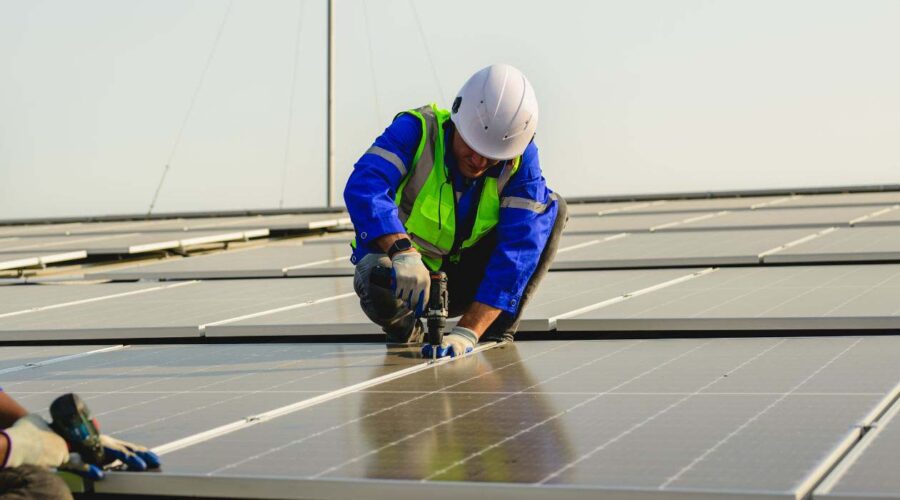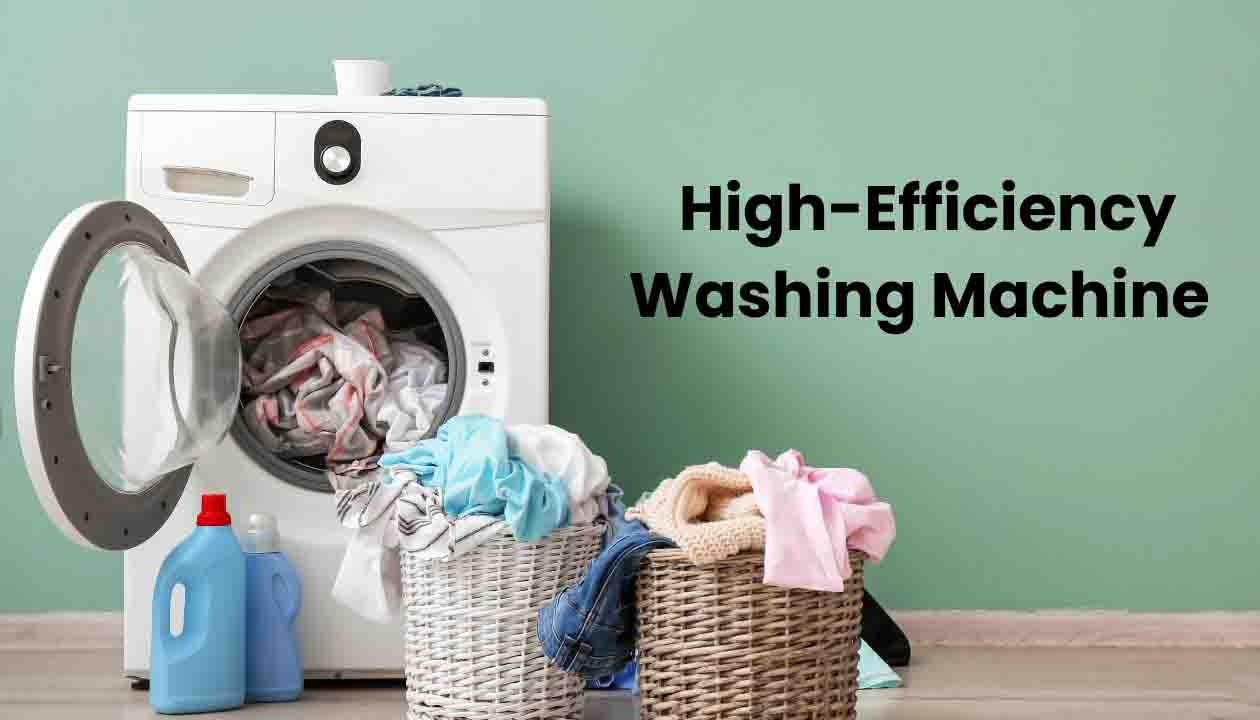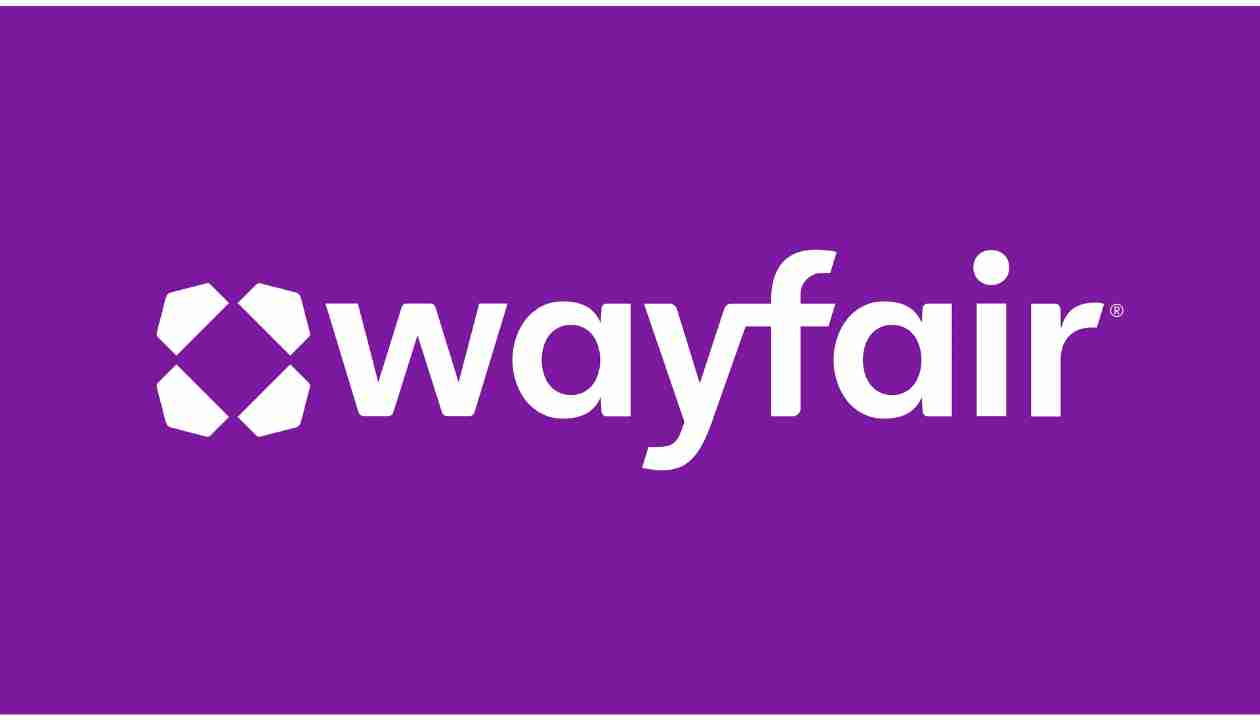Solar Panel Installation: Key to Consider for Homeowners
If you’re a homeowner in Delaware considering solar panel installation, you’ve come to the right place! Solar energy is growing in popularity, and for good reason. Not only can you lower your energy bills, but you can also reduce your carbon footprint. Installing solar panels on your home is a smart investment that offers both financial savings and environmental benefits. In this article, I’ll walk you through the key considerations before deciding to go solar, ensuring you make an informed decision. Let’s dive in!
Evaluating Your Home’s Suitability for Solar Panels
Before committing to solar panel installation, it’s important to evaluate if your home is suitable for this type of system. According to me, the roof condition is the most important factor. If your roof is damaged, weak, or nearing the end of its life, you might want to repair or replace it before installation. A roof in good condition is crucial because solar panels need a sturdy structure to support their weight and to be securely fixed.
Another key factor is the roof orientation and tilt. Solar panels work best when placed on a roof that faces south, as this direction gets the most sunlight throughout the day. However, don’t worry if your roof faces east or west, it can still work, but the energy produced might not be as high. The roof tilt also plays a role. Ideally, a 30-degree tilt is best for optimal solar panel performance, but again, the system can still be effective if your roof angle is different.
Lastly, consider shading issues. Trees, nearby buildings, and other obstructions can cast shadows on your solar panels, which reduces their efficiency. I suggest you take a good look at your property to ensure there is minimal shading in the area where you plan to install the panels.
Navigating Local Solar Policies and Regulations in Delaware
When it comes to solar panel installation in Delaware, understanding the state and local policies is crucial. According to me, homeowners should familiarize themselves with Delaware’s solar incentives, as they can significantly reduce the upfront costs of solar systems. Delaware offers various incentives for homeowners who install solar panels, including tax credits and rebates.
You’ll also need to make sure your installation complies with local building codes and regulations. This includes obtaining any necessary permits before starting the installation. Fortunately, most solar companies will handle this for you, but it’s always good to know what the requirements are ahead of time.
Choosing the Right Solar Panel System for Your Home
Now that you know your home is suitable for solar panels, it’s time to consider the type of solar panel system that best suits your needs. There are a few options to choose from, and I’ll help you understand them:
Monocrystalline Panels: These are the most common and efficient type of solar panel. They are made from a single silicon crystal, and although they tend to be pricier, they are more durable and efficient, especially in limited space.
Polycrystalline Panels: These are slightly less efficient than monocrystalline panels but come at a lower cost. They’re still a good choice if you have a bit more roof space.
Thin-Film Panels: These are the least efficient type of solar panel, but they are lightweight and flexible, making them ideal for certain types of roofs. They are also the least expensive option.
When choosing the size of the system, it’s important to consider your energy usage. If your energy consumption is high, you’ll need a larger system to meet your needs. On the other hand, if you use less energy, you can opt for a smaller system that won’t break the bank.
Another important consideration is the inverter. The inverter is the component that converts the DC electricity generated by the panels into AC electricity, which is used to power your home. There are two main types of inverters: string inverters and microinverters. I suggest you consult with your installer to decide which one is best for your setup.
The Solar Installation Process in Delaware
The process of installing solar panels in Delaware can be broken down into a few key steps:
Pre-Installation Assessment: A professional installer will assess your home’s roof, energy usage, and local conditions to determine the best solar solution. They will also check if your roof structure is capable of supporting the system. This is a great time for you to ask questions about what to expect during installation.
Installation Timeline: Installing solar panels typically takes 1 to 3 days, depending on the complexity of the system. The actual installation process involves mounting the panels, wiring, and setting up the inverter. The good news is that most of the work is done quickly, so you won’t have to worry about weeks of disruption.
Permits and Inspections: As mentioned before, permits are required for installation. Fortunately, your solar installer will typically handle the permit application for you. After installation, your local utility may perform an inspection to ensure everything is up to code.
Once everything is set up, your system will be ready to produce clean, renewable energy for your home.
Long-Term Maintenance and Monitoring
One of the best things about solar panels is that they require very little maintenance. In general, solar panels are designed to last for 25 to 30 years. However, cleaning the panels occasionally can help maintain their efficiency. I suggest you inspect your panels at least once a year to ensure there are no dirt, debris, or tree branches blocking them.
Additionally, I recommend performance monitoring to track how well your solar system is working. Many solar installers provide tools or apps that allow you to monitor the performance of your system. This can help you ensure your system is operating at its peak efficiency.
Lastly, warranties are another important factor. Most solar panels come with a 25-year warranty. This means that if anything goes wrong with your system, it will likely be covered. I suggest you check the warranty details provided by your installer to understand what is included.
Conclusion
In conclusion, solar panel installation services in Delaware are a great way to reduce your energy costs, help the environment, and increase your home’s value. By evaluating your home’s suitability, understanding local regulations, choosing the right system, and taking care of your panels, you can make the most of your solar investment. I highly encourage you to consider solar solutions in Delaware, as they can provide both immediate and long-term benefits.
Don’t wait any longer, make the switch to clean energy today! Contact GOGETFIX now.



